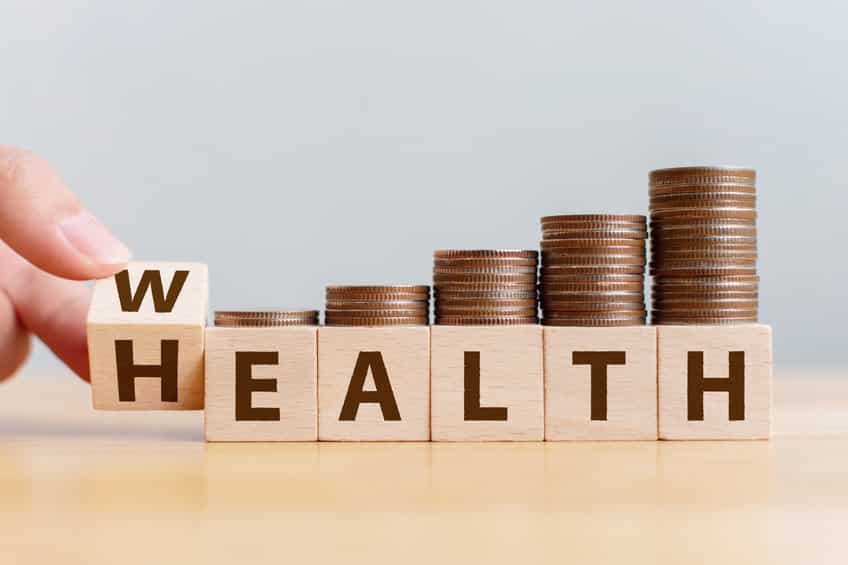By Sean Zucker –
How much does it really cost to live a healthy life? CNBC recently took up the challenge of answering that and its results appear staggering.
For clarification, healthy here is defined by having the necessities—not gym memberships, spa treatments or organic food deliveries. The findings were particularly troubling given according to the most recent stats available (2019), nearly 34 million people in the United States live below the poverty line.
While the number of people living below the poverty line actually declined by four million from 2018, tens of millions of Americans are still struggling to get the basics. Professionals warn that the strain associated with this struggle can generate physical, emotional and psychological issues that can play out for decades.
Perhaps more troubling is that even those who manage to rise just above the poverty line still find themselves well short of what’s needed.
The Office of the Assistant Secretary for Planning and Evaluation (ASPE) defines the poverty line for one single person in America as earning a less than $12,880 yearly salary. That may seem low but on the heels of CNBC’s recent report—it’s microscopic.
Specifically, the network investigated the minimum salary required for one single adult to realistically get by in each state taking into account major factors such as housing, food, insurance and other necessities that vary by location.
CNBC found that to live decently, not extravagantly, in the least expensive 25 states, a single person would need to earn at least between $26,000 and $29,000 before taxes. The lowest of which, South Dakota, would still require annual income $26,226—more than twice the poverty line of $12,880.
One state, Hawaii, necessitates more than $40,000 or $40,412 to be precise, CNBC reports. Of course, this doesn’t include living in the U.S. capital, which is even more expensive. A single person residing in Washington, D.C. needs even more income at $41,850.
Notably, both New York and California require at least $38,000 before taxes with no additional help from state or federal programs.
What impact does this economic disparity between funds required and available have on collective psyches? Unfortunately, it’s not pretty according to Brad Klontz, a financial psychologist and cofounder of Your Mental Wealth Advisors and the Financial Psychology Institute.
“On an individual level, financial strain is associated with depression and anxiety and relationship problems,” he recently told CNN. “But we’ve also seen it collectively when a community’s hit by foreclosures. Even if your house isn’t foreclosed on, there’s this collective stress everyone experiences, and hospitalization rates tend to go up.”
He warned of the emotional toll fiscal strains put on an individual before comparing the current economic situation to the Great Depression. “We hadn’t really defined trauma or post-traumatic stress as really even an issue,” Klontz said of the time. “It led to a traumatic experience for many people. And, if you know anyone who lived through it, it created an entire generation of hoarders who are worried about not having enough for the future—so, lots of anxiety, like a scarcity mentality and mindset and a deep fear of not having enough that seemed to be sort of crossed through the entire culture.”
The American Psychological Association (APA) does list a few pointers to deal with the stress of the situation, which includes going as far to actually address some financial issues.
Identifying financial stressors and making a plan has proved somewhat beneficial in minimizing economic stress, the APA reports. Taking stock of the situation and where money causes the most stress to evaluate where expenses can be cut or curbed may help manage funds more efficiently.
The APA also recommends avoiding making more than one financial decision at a time, along with tracking spending. This, by theory, should help elude digging a monetary hole too deep to escape. Additionally, avoiding temptation in making unnecessary purchases is advised.
Obviously, these will not cure financial stress or inequality, but strategizing should help temper the negative mental effects.









